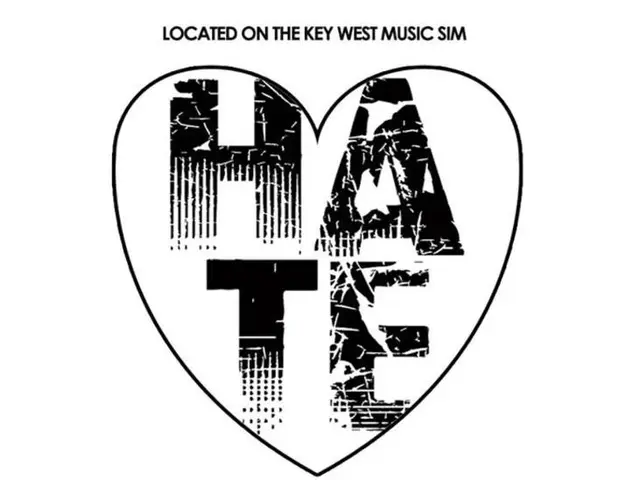Increased anxiety due to questionable test outcomes stir debates about general educational concerns in Reykjavik's educational institutions.
A Call to Revamp Iceland's Educational System: Standardized Testing Revisited
The performance of 7th-grade students at Breiðholtsskóli in core subjects has sparked concerns about the educational standards and student well-being in Reykjavík's primary schools.
The Independence Party's leader in Reykjavík, Hildur Björnsdóttir, expressed grave concerns in response to the findings, hinting at potential similar struggles in other schools. "These results demand our immediate attention," said Björnsdóttir. "We must fear that in more schools, large student cohorts may be underperforming."
The testing, conducted in March and years after incidents of documented violence and disruptions at Breiðholtsskóli, revealed that the students' academic performance was below the national average from 2020. Up-to-date national benchmarks, however, are unavailable as standardized assessments have not been carried out in Iceland's primary schools since that year.
Grade Inflation Fears Amid Disparities
The test results also indicated a significant gap between teacher-assigned grades and students' actual knowledge, fueling allegations of grade inflation. A concerned parent told Morgunblaðið, "It appears a lot of manipulation is going on."
Björnsdóttir found the discrepancy "deeply disturbing." She emphasized the importance of uniform assessments to restore fairness and ensure equal opportunities for students competing for places in secondary schools.
The Case for Standardized Testing
In a call for action, Björnsdóttir advocated for reintroducing standardized assessments in grades 4, 7, and 10 across Reykjavík's schools. She believes that only with clear, comparable data can schools identify where improvements are needed and provide targeted support. "Our children deserve the best education," she said. "With appropriate measures and clear benchmarks, we can significantly uplift our school system in the near future."
Despite the development of a new evaluation system called the "assessment curve," it has not yet been fully implemented. Moreover, detailed data from international PISA surveys has not been released for individual schools, thus hindering efforts to evaluate and enhance local school performance.
Beyond Test Scores: The Need for Targeted Support
Regarding Breiðholtsskóli specifically, Björnsdóttir suggested that the issues extend beyond student academic performance. Citing persistent problems with school culture and student behavior, Björnsdóttir insists that the school requires focused attention and support, both for student safety and adherence to academic standards.
This move toward standardized testing in Reykjavik is part of a broader trend where concerns about education quality have led to a reconsideration of standardized testing as a tool for accountability and improvement in some institutions or regions. However, Reykjavik's case is particularly pressing due to the unique issues that recent assessments have uncovered in the local school environment.
News about the underperformance of students at Breiðholtsskóli highlights the need for cultural changes and enhanced education-and-self-development within Reykjavík's schools. The call for standardized testing is not limited to evaluating academic performance, but also extends to addressing issues related to school culture and student behavior. As politics surrounding education continue to evolve, solutions aim to provide targeted support and ensure general-news coverage that advocates for equal opportunities and accountability.








